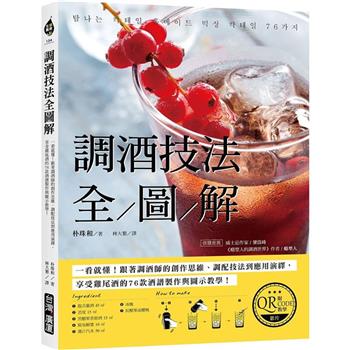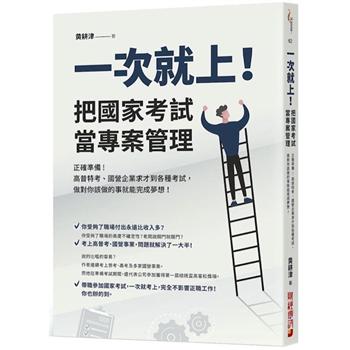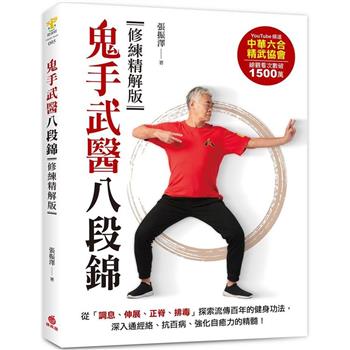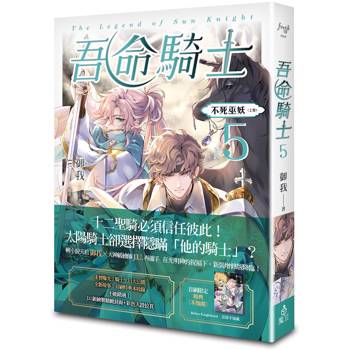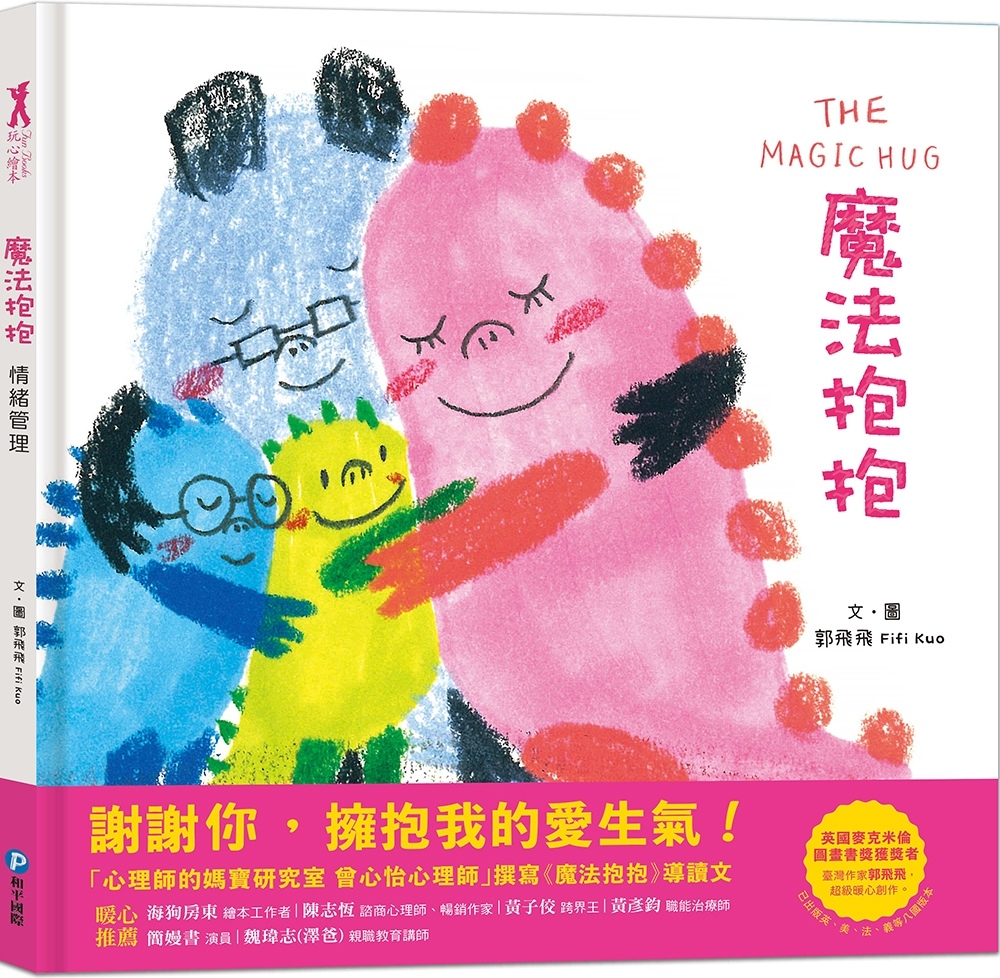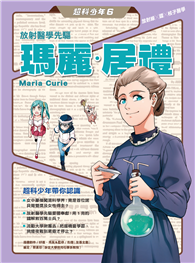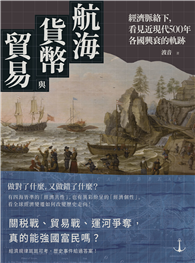For the unaware, Liverpool faced Juventus in the European Cup Final at the Heysel Stadium in Brussels on Wednesday 29 May 1985. It had the potential to be one of the all-time great finals, a game that should have taken its rightful place in the annals. Liverpool were Europe’s number one club, and Juventus had the opportunity to become the first club to win all three European Cup competitions. Juventus had lost their two previous finals, to Ajax in 1973 and Hamburg in 1983; in both games, they had conceded goals in the first ten minutes of each game. In contrast, the Reds had won all four of their previous finals, beating Borussia Monchengladbach, Bruges, Real Madrid and Roma. If Liverpool had won the game, they would have kept the cup.
The man in the Liverpool dugout was Joe Fagan. Fagan was managing his last ever game, after deciding to leave halfway through the 1984-85 season. He had taken over Liverpool, aged sixty-two, in the summer of 1983, having the unenviable task of following on from the football mastermind that was Bob Paisley. As Merseyside football journalist John Keith astutely remarked: "It was akin to walking on stage after Frank Sinatra. Just how do you follow a genius called Bob Paisley? Well, Joe came up with a way and landed the first treble in the history of English football."The coach of Juventus was the legendary Giovanni Trapattoni. Trapattoni had retired from playing in 1972 after a glittering career at AC Milan, winning two Serie A titles and two European Cups, before winning Serie A as manager of both Inter and Juventus. During his near forty-year career in management, he also managed Italy, the Republic of Ireland, Fiorentina, Bayern Munich, Benfica, Red Bull Salzburg and the Vatican City’s football team. The line-ups of both teams were packed with international players, superstars and characters. Juventus had Italian World Cup winners Marco Tardelli and Paolo Rossi, Polish great Zbigniew Boniek, and possibly the greatest midfielder of his generation, Frenchman Michel Platini. For Liverpool there was the elegant Scottish centre-half Alan Hansen, their greatest ever player, Kenny Dalglish, and in goal was the charismatic South African Bruce Grobbelaar.On the morning of the game, Brussels woke up to glorious sunshine. To the backdrop of gorgeous weather, the excitement of the occasion and a feeling that this was what life was all about, fans of both teams were mingling happily on the streets of a European capital. Juventus supporter Simone Stenti, a twenty-year-old student at the time, travelled to the match with his father. He recalled: "I love so much those moments that come before such an important match when there is the excitement, the build-up. There were lots of English people; I still have a Liverpool scarf I exchanged with an English supporter."Like Simone, LFC fan Barry O’Hara witnessed supporters swapping scarves; he also saw fans buying each other drinks and kissing each other. It all sounds perfect. Regrettably, just a few hours later, BBC radio football commentator Peter Jones was informing the nation: "This is war correspondent stuff here."So, how did we go from fans kissing one another and exchanging scarves to "war correspondent stuff" within a few hours? This book will try and explain why.| FindBook |
有 1 項符合
Heysel Stadium Brussels: European Football’s Darkest Hour的圖書 |
 |
Heysel Stadium Brussels: European Football’s Darkest Hour 作者:McCallam 出版社:Paul McCallam Books 出版日期:2022-07-15 語言:英文 規格:平裝 / 510頁 / 20.32 x 12.7 x 2.9 cm / 普通級/ 初版 |
| 圖書館借閱 |
| 國家圖書館 | 全國圖書書目資訊網 | 國立公共資訊圖書館 | 電子書服務平台 | MetaCat 跨館整合查詢 |
| 臺北市立圖書館 | 新北市立圖書館 | 基隆市公共圖書館 | 桃園市立圖書館 | 新竹縣公共圖書館 |
| 苗栗縣立圖書館 | 臺中市立圖書館 | 彰化縣公共圖書館 | 南投縣文化局 | 雲林縣公共圖書館 |
| 嘉義縣圖書館 | 臺南市立圖書館 | 高雄市立圖書館 | 屏東縣公共圖書館 | 宜蘭縣公共圖書館 |
| 花蓮縣文化局 | 臺東縣文化處 |
|
|
圖書介紹 - 資料來源:博客來 評分:
圖書名稱:Heysel Stadium Brussels: European Football’s Darkest Hour
|

